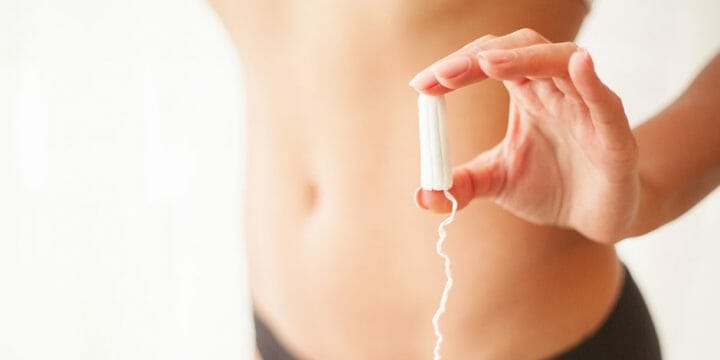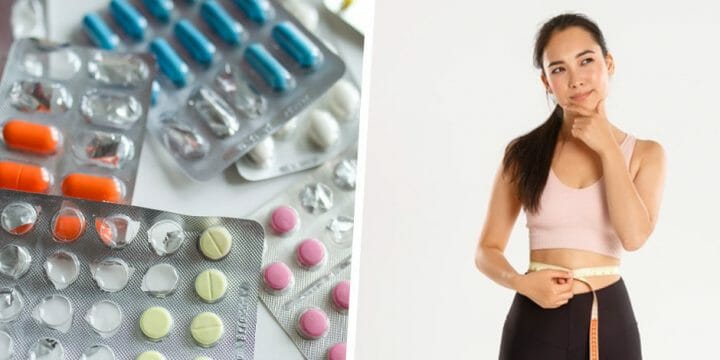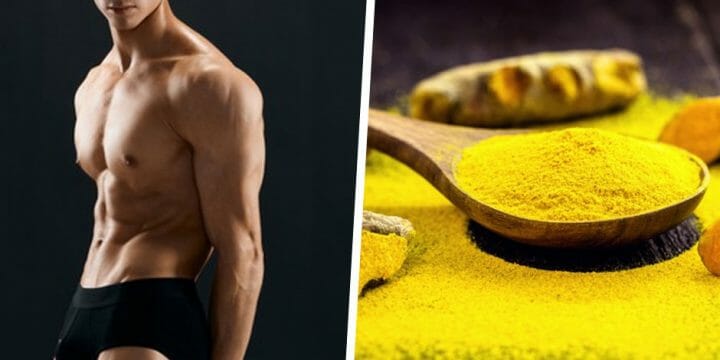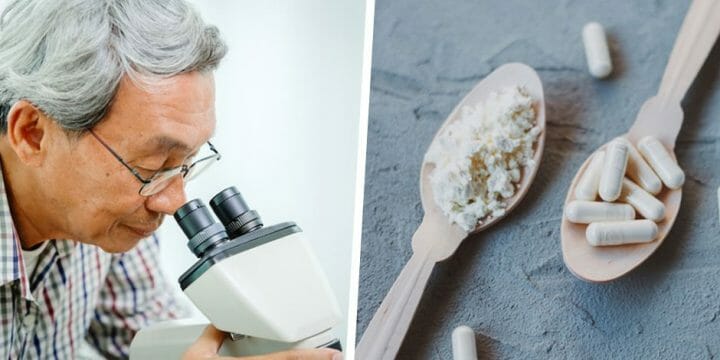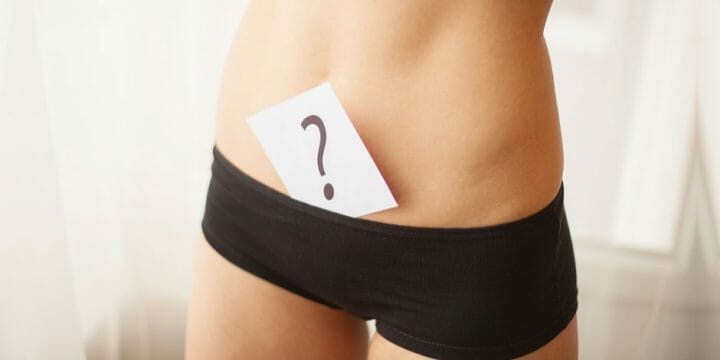If you’ve followed my blog posts over the last few years, you may have noticed that as a personal fitness coach, I pay a lot of attention to the testosterone levels of my male clients.
One thing I make sure my clients fully understand is what testosterone actually is and why it’s so important for men and women to pay more attention to it.
And to help me gather physiologically accurate information on this topic, I had a medical doctor help me with some research, which should ultimately make this topic easier to understand than reading through medical school textbooks.
Quick Summary
- Testosterone, essential for male reproductive development and sexual health, impacts bone density, red blood cell production, and fat distribution in both men and women.
- Testosterone affects muscle mass and fat distribution, which are crucial for overall fitness and body composition.
- About 50% of men in their 80s have testosterone levels below the normal adult male range, as noted by the Cleveland Clinic.
- As a fitness coach, I believe it's essential to understand testosterone's multifaceted role in physical and mental health for both men and women.
What Is The Sex Hormone Testosterone?

Testosterone, predominantly produced in the testicles, is the male sex hormone essential for developing male reproductive organs during the early weeks of pregnancy.
It plays a crucial role in sexual development during puberty, contributing to men's traits [1].
Beyond sexual health and sperm production, testosterone significantly impacts bone density, red blood cell production, and fat distribution [2].
We'll delve into why these factors are vital soon.
The Cleveland Clinic notes that men typically experience a gradual testosterone decline from age 30, averaging about 1% per year, with around 50% of men in their 80s falling below the normal adult male range [3].
This decline may initially be subtle, but it can lead to significant issues at very low levels.
Women, too, should be aware of testosterone's role, not as their dominant sex hormone but in influencing libido, bone density, and energy levels [4].
Why Is Testosterone Important For Fitness?
From my coaching journey, I've seen firsthand how critical testosterone is for fitness, not just in muscle building but also in how the body stores fat.
When you talk about testosterone and fitness, most people will simply think of banned drugs like anabolic steroids that make bodybuilders huge and athletes into superhumans.
But in the world of fitness, it doesn’t just have to be about building muscles and recovering faster from a tough workout routine.
With low testosterone levels, the body will start to store more fat. And, according to Johns Hopkins University, that may influence how the pituitary gland interacts with the adrenal glands, causing a further reduction in free testosterone [5].
Building on this, research in the Obesity Reviews journal reveals that this accumulation of body fat contributes to converting more testosterone into estradiol, a form of estrogen, which then exacerbates the reduction in testosterone production [6].
That can often become a vicious circle that ultimately contributes to obesity issues, which is why all men should pay more attention.
Problems With Low Testosterone

In my coaching experience, I've seen many men underestimate the impact of low testosterone, often overlooking symptoms until they become more pronounced.
Here are a few common low-testosterone signs you might encounter but don’t have to endure:
- Lack of libido The same reason teenage boys go into sex overdrive may cause older men to completely lose interest in sex, as stated in the Harvard Medical School [7].
- Depression. There’s also a higher risk of developing depression due to low levels of testosterone, according to WebMD [8].
- Loss of muscle mass. Because of testosterone’s impact on muscle growth and recovery, many people with low testosterone resort to medical testosterone therapy with banned substances, but a more natural boost could produce similar effects [9].
- Disrupted sleep patterns. Consistently low testosterone levels could significantly impact your sleep patterns [10].
And if you want to ramp up your body's testosterone production naturally, make sure to check out high-quality testosterone boosters, many of which proved to be quite effective in our testing.
“Low testosterone also appears to be linked to lower quality sleep and fewer deep sleep cycles. Researchers have observed that as testosterone goes down, the hormone cortisol increases. Cortisol contributes to wakefulness, resulting in shallower and shorter sleep.”
- Madeline R. Vann, MPH
Problems With High Testosterone

Most of my clients tend to be more worried about high testosterone levels than a deficiency.
Here’s the thing, though: things like liver and kidney damage and aggressive mood swings come as increased risks from sudden and very significant increases in testosterone, as shown in a study published in the Indian Journal of Urology [11].
If you use a natural booster to get your body to produce testosterone more effectively, you’re unlikely to end up with too much testosterone over a short period of time.
But if you’re expecting to start medical testosterone therapy, then you need to look out for these symptoms:
- Headaches
- High blood pressure
- Mood swings
- Liver problems
- Acne
- Increased body hair
- Enlarged prostate
- Increased Appetite
Related Article: How Does Testosterone Affect the Body?
FAQs
Can Men Naturally Boost Their Testosterone Levels?
Yes, men can boost their testosterone levels naturally using supplements. This is generally a good approach for men to avoid some of the more common health issues that result from such hormone imbalances.
At What Age Is Testosterone the Highest?
Testosterone levels are highest at about the age of 18. This is right around the tail end of puberty, and it flattens out until age 30. From there, it gradually declines, which may ultimately lead to symptoms of low testosterone highlighted above.
What Is Free Testosterone?
Free testosterone is testosterone that isn’t bound to proteins, and it plays a crucial role in enhancing the body's strength and overall health.
References:
- https://kidshealth.org/en/parents/understanding-puberty.html
- https://www.nih.gov/news-events/nih-research-matters/understanding-how-testosterone-affects-men
- https://my.clevelandclinic.org/health/diseases/15603-low-testosterone-male-hypogonadism
- https://pubmed.ncbi.nlm.nih.gov/26358173/
- https://www.hopkinsmedicine.org/health/conditions-and-diseases/adrenal-glands
- https://pubmed.ncbi.nlm.nih.gov/25982085/
- https://www.health.harvard.edu/staying-healthy/testosterone--what-it-does-and-doesnt-do
- https://www.webmd.com/depression/understanding-depression-basics
- https://www.ncbi.nlm.nih.gov/pmc/articles/PMC2453053/
- https://www.ncbi.nlm.nih.gov/pmc/articles/PMC6119844/
- https://www.ncbi.nlm.nih.gov/pmc/articles/PMC3897047/
About The Author
You May Also Like
